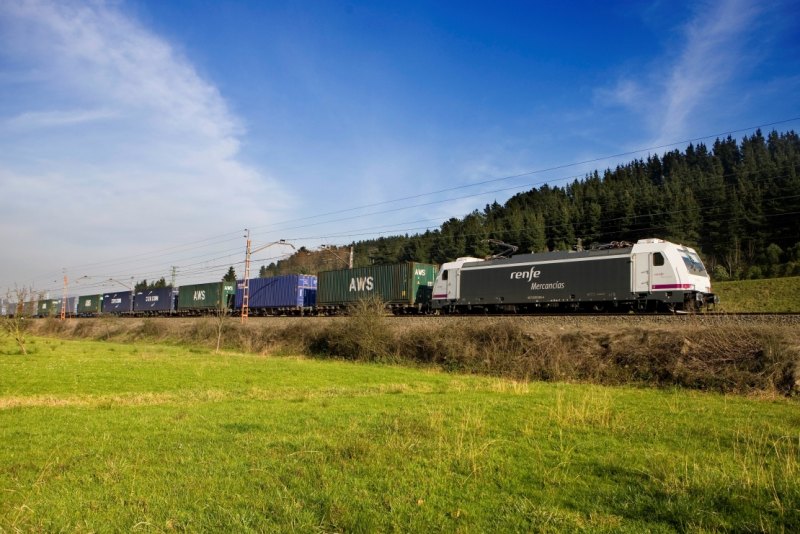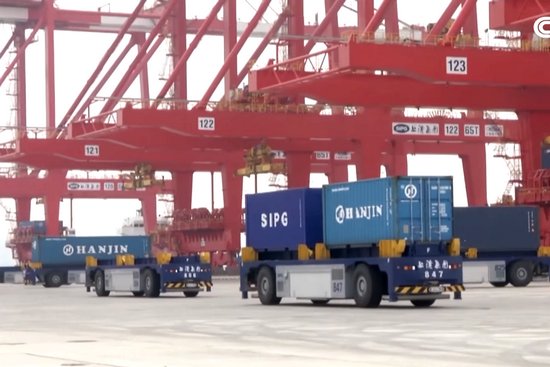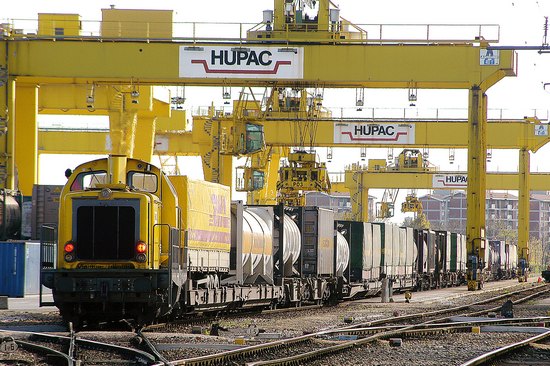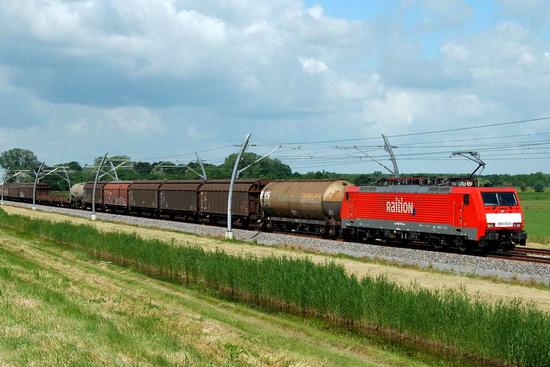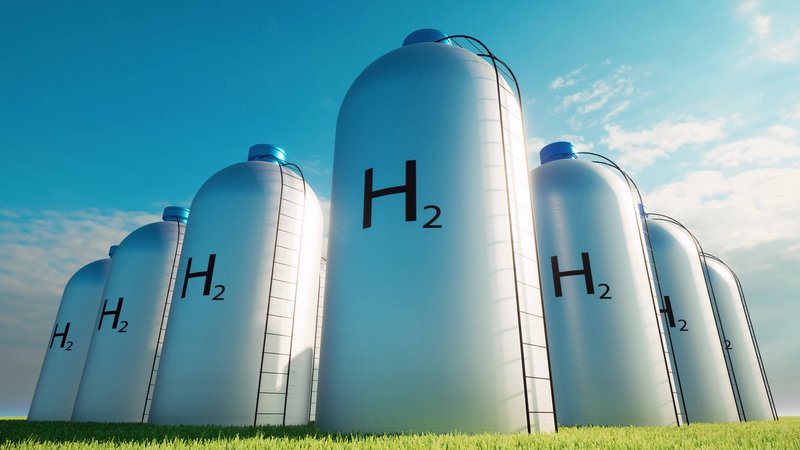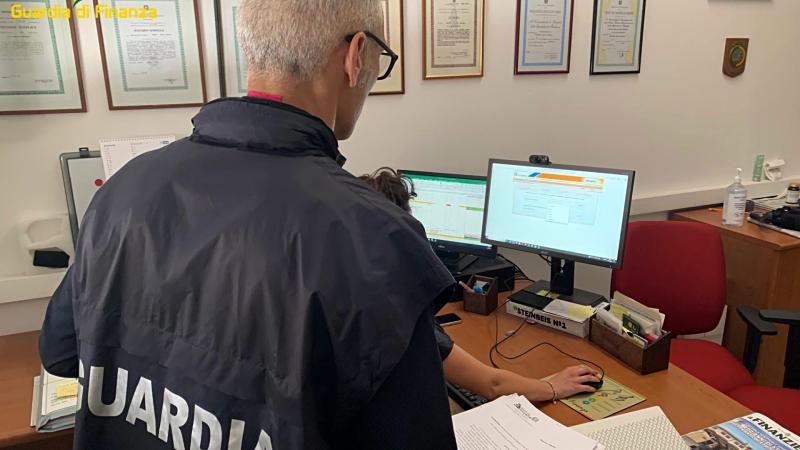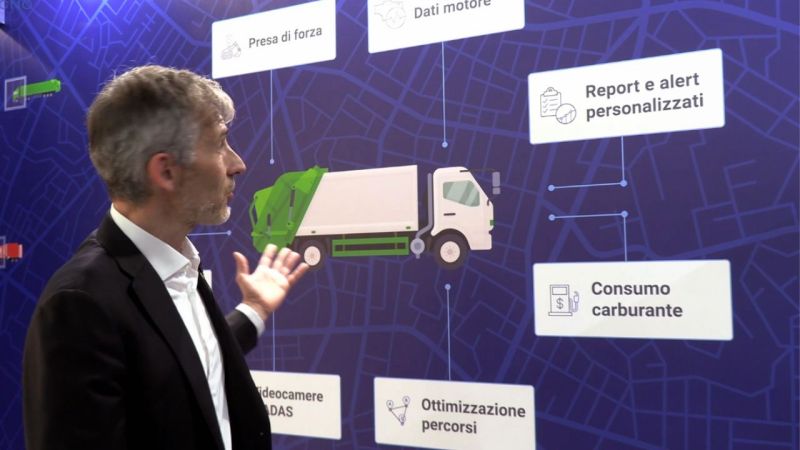Ukraine has officially submitted its proposal for unlocking the borders with Poland, plagued by continuous blockades since late last year. The "Mutual Understanding Plan," as insiders have termed it, was announced by Ukrainian Prime Minister Denys Shmyhal and is divided into five stages. The first point, which is unlikely to be accepted by farmers' associations, involves an agreement on agricultural exports and follows the approach taken by the European Commission so far.
This involves protective measures for Ukrainian products such as wheat, cereals, rapeseed, meat, poultry, eggs, and sugar, which would continue to move through Poland duty-free but with limits on export volumes that cannot exceed the average recorded between 2022 and 2023. As explained by the minister, any excess quantities would have to be returned to Ukraine, while authorities would monitor the actual application of the regulations.
In the second point, Kiev appeals to the European Commission, requesting an urgent screening to analyze and document the real situation of trade between the EU and Ukraine, aiming to refute the alleged manipulations regarding the quality of Ukrainian agricultural products, often targeted by Polish associations blocking the borders. Here again, as explained by the minister, the agreement would be based on the full liberalization of trade with the EU in a visa-free economic regime and the elimination of customs duties.
The third point is an invitation to the Polish government to jointly submit an appeal to the European Commission with the intent to stop Russian agricultural exports to the EU. This comes after the publication of a report by a Ukrainian journalist in recent weeks, highlighting a steady increase over the last two years in imports of Russian agricultural products to Poland via Belarus, which once again exposed the complex network of economic and political factors at play. Polish Prime Minister Tusk is already considering a total ban on imports from Moscow, effectively emulating Lithuania, which recently closed its borders to Russia.
The fourth step involves creating a tripartite headquarters consisting of Ukraine, Poland, and the European Commission, under the joint chairmanship of the agriculture ministers of the two countries and a representative of the European Commission. Agricultural associations would also be admitted to the assemblies, with the clear intent of understanding the needs of both factions and preventing new border blockades. The fifth step, finally, aims to resolve the issue of crossing the borders with weapons, military equipment, humanitarian aid, medical supplies, and all those support goods for both the population and the conflict.
While awaiting Poland's response, Ukraine has reached an agreement with Turkey to extend the liberalization of freight transport between the two countries, as reported by the Ministry of Reconstruction's press service. According to the announcement, the visa-free transport will be bidirectional and will also cover simple transit and the passage of empty vehicles.
To date, Ukraine has already agreed on "visa-free transport" with 35 countries, including EU members, and last year, an agreement was also reached with Norway and North Macedonia. The country, as demonstrated by the proposal sent to Poland, remains loyal to the policy of free transit, which, however, seems irreconcilable with the ongoing protests.
Marco Martinelli


